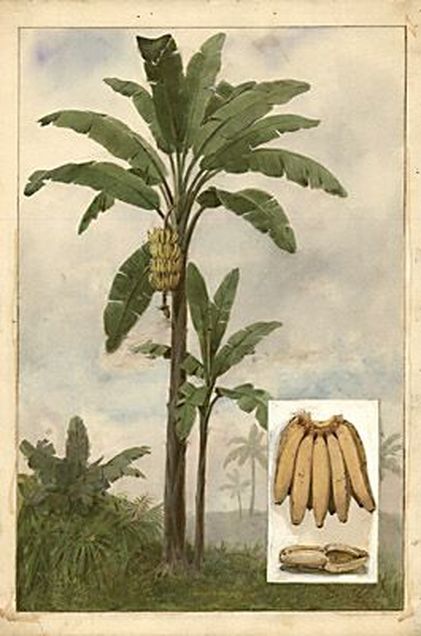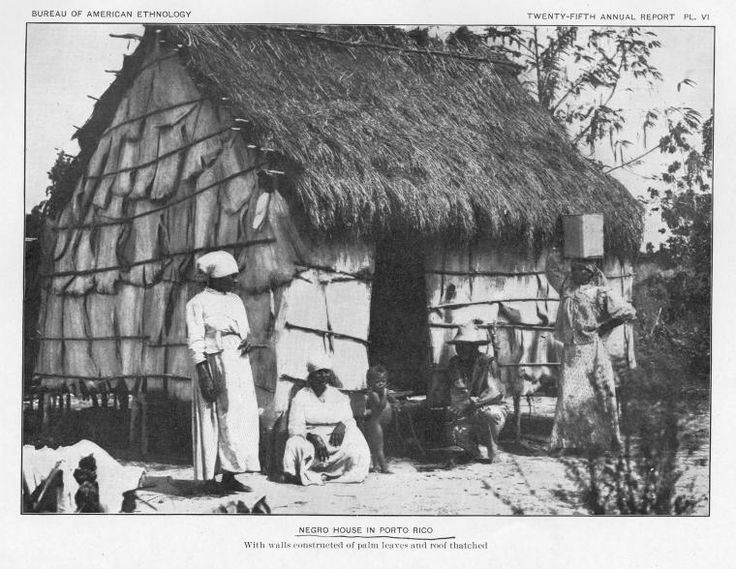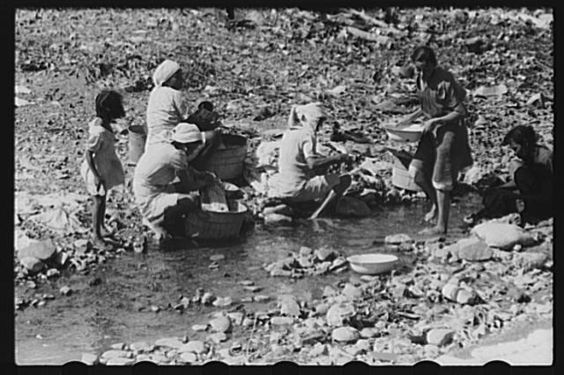In 1991 I started graduate school in order to research and write a "medicinal" history of Puerto Rican women and our kin, a history that would uproot the toxic mythology of a sexist, racist, classist colonialism that demeaned us. I wanted to write a version of our past that drew forth the truth of our courage, resilience and resourcefulness, that documented some of the millions ways we have always resisted being dehumanized. I also wanted to write a book that was accessible and beautiful, that used the power of poetry to communicate about our collective past.
Remedios is written in short poetic prose pieces,. It begins 200,000 years ago, with the First Mother in Sub-Saharan Africa, and goes all the way to the year of my birth, 1954.
With the collapse of South End Press in 2014, Remedios went out of print. I am very pleased to be publishing a second edition, with a new introduction, in the Fall of 2018.
Remedios is written in short poetic prose pieces,. It begins 200,000 years ago, with the First Mother in Sub-Saharan Africa, and goes all the way to the year of my birth, 1954.
With the collapse of South End Press in 2014, Remedios went out of print. I am very pleased to be publishing a second edition, with a new introduction, in the Fall of 2018.


